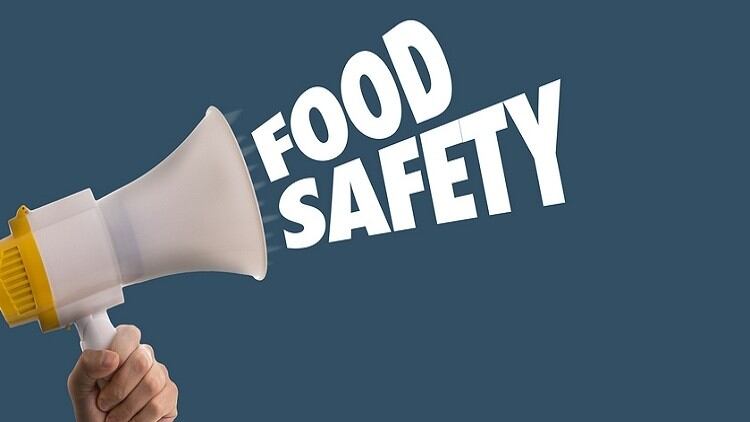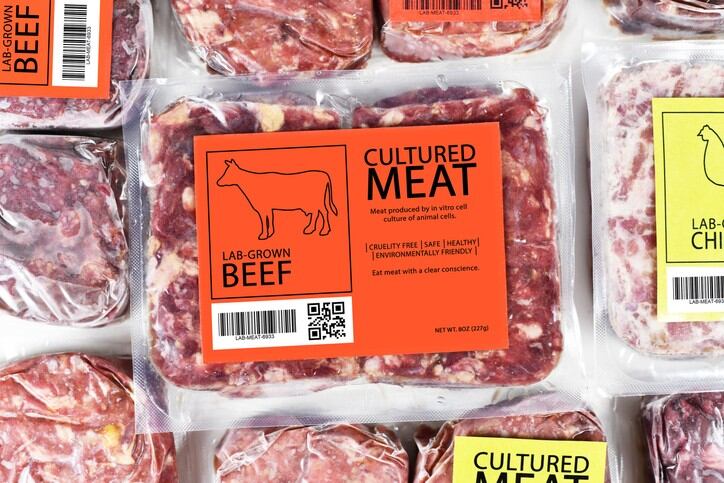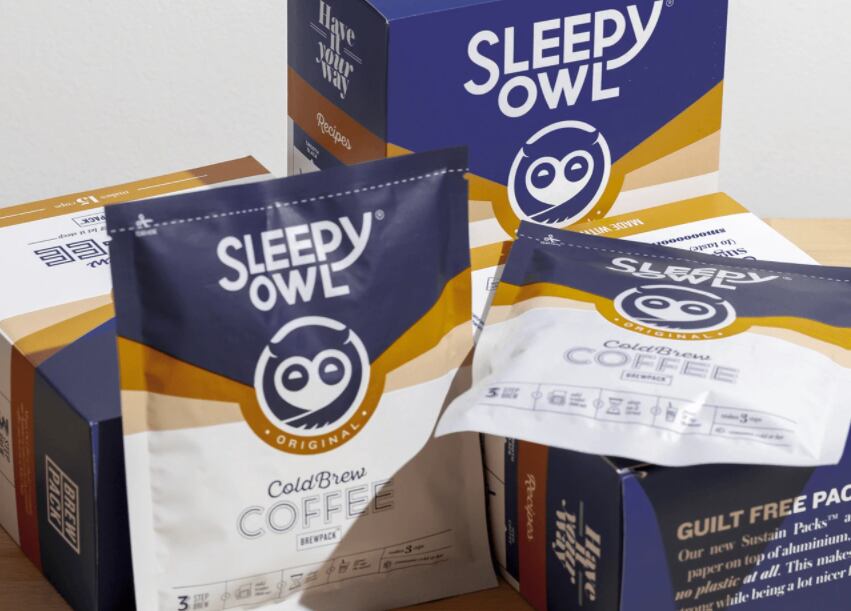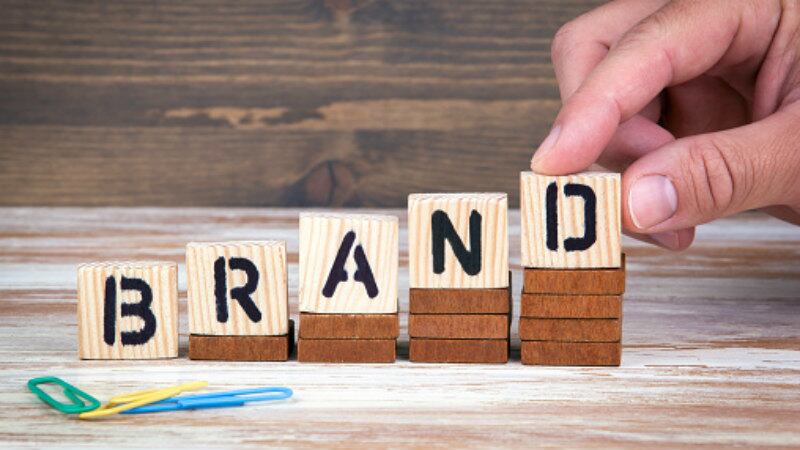Fighting food poisoning: South Korea makes on-label safety info mandatory for packaged fresh foods
South Korea is implementing new food labelling regulations to mandate the inclusion of food safety instructions on the labels of all packaged fresh food products, in an attempt to prevent further food poisoning outbreaks.
The country has been battling food poisoning outbreaks, especially during the summer season, for some years. This year alone over 300 people fell victim to a series of food poisoning incidents mostly involving gimbap (seaweed rice rolls) made with various ingredients including vegetables, eggs, mushrooms, or processed meats.
The South Korean National Agricultural Products Quality Management Service has issued a statement to revise local food labelling regulations to include mandatory food safety phrases on-pack in hopes of preventing further such incidents.
“To ensure that foods are safe for consumption and prevent food safety events such as food poisoning, the inclusion of food safety phrases on the outer surface of packaging materials for vegetables and other fresh produce will be made mandatory starting October 14 2021,” said the service’s President Lee Ju-Myeong via the formal statement.
Allergens and food poisoning fears: Is Australia’s food system as safe as the government’s reassurances?
The Australian food system is touted to be one of the safest in the world, but continued reports on major safety issues such as allergens and microbial contaminations are raising questions over whether more needs to be done to protect consumers.
The Australian government has continually publicized its food supply as ‘reliable, safe and nutritious’, and the results of its 26th Australian Total Diet Study – which, interestingly, only looked at persistent organic pollutants (POPs) such as dioxins and polycholorinated biphenyls (PCBs) in this edition – appeared to confirm this.
PCBs have been shown to be carcinogenic, whereas dioxins are also highly toxic compounds which can cause health issues such as cancer, immune system damage and hormone interference.
“We looked at 33 foods typical of the Australian diet, taking 600 samples across all Australian states and territories [and tested these for POPs],” Food Standards Australia New Zealand (FSANZ) said in a formal statement.
Infant formula tactics in Vietnam: Industry under fire for allegedly circumventing marketing rules
Breastmilk substitute (BMS) companies in Vietnam have been accused of circumventing the restrictions of infant formula marketing by using products for pregnant and lactating women as an “entry point” to influence the purchase of infant formulas, according to academics.
In Vietnam, national legislations that restrict infant formula promotion has been passed down in recent years.
Using data from a survey conducted between May and July last year, researchers claim that BMS companies have been circumventing restrictions by promoting commercial milk for pregnant and lactating mothers (CMF-PW) – as a first step to reach out to the mothers.
“The BMS industry uses commercial milk for pregnant and lactating mothers as an entry point for accessing women and promoting BMS, justifying the presence of representatives in health facilities by promoting products that are not regulated by the Code.
“Promotion of CMF-PW is being used as an entry point for BMS promotion, as a part of a comprehensive strategy to build brand loyalty, cross-promote products, and drive sales across the life cycle—‘womb-to-tomb’, and across generations,” the researchers wrote in their paper published on Nutrients.
Making a comeback: Thailand hails food industry growth after COVID-19 slump – but urges firms to maintain vigilance
The Thai food industry has seen growth in both the manufacturing and export sectors so far in 2021 after overcoming last year’s pandemic slump – but the authorities are urging domestic food firms not to drop their guard yet.
The Thai Ministry of Industry (MOI) reported earlier this month that the local food industry had performed impressively in the first seven months of 2021 (January to July) despite continued COVID-19 challenges, particularly in the food exports and food manufacturing sectors.
“Thailand’s food industry has now returned to a state of growth and expansion after seeing some shrinking last year,” said MOI Minister Suriya Juangroongruangkit via a formal statement.
“Food production and manufacturing as measured by the Manufacturing Production Index (MPI) has increased by 2.9% year-on-year, mainly due to the use of the ‘Bubble and Seal’ measures implemented by businesses to control risks and prevent outbreaks in factories [whilst] allowing most factories to operate production lines as usual.
Iran school food scandal: More than half of products do not comply with national and regional standards
A large proportion of foods and beverages sold in school canteens in Iran do not comply with both national and regional guidelines.
According to a study on 64 primary school canteens in the Tehran province, about 54% of foods were considered unpermitted foods based on the national Healthy School Canteen (HSC) policy.
Cakes, sweet biscuits and pastries were the largest food category sold in school canteens.
Based on the HSC guideline, all schools in Iran are required to comply by banning the sales of chips, cookies, crackers, ice cream, fried foods, sugary drinks, hamburgers, pizza, and confectionery in school canteens.





